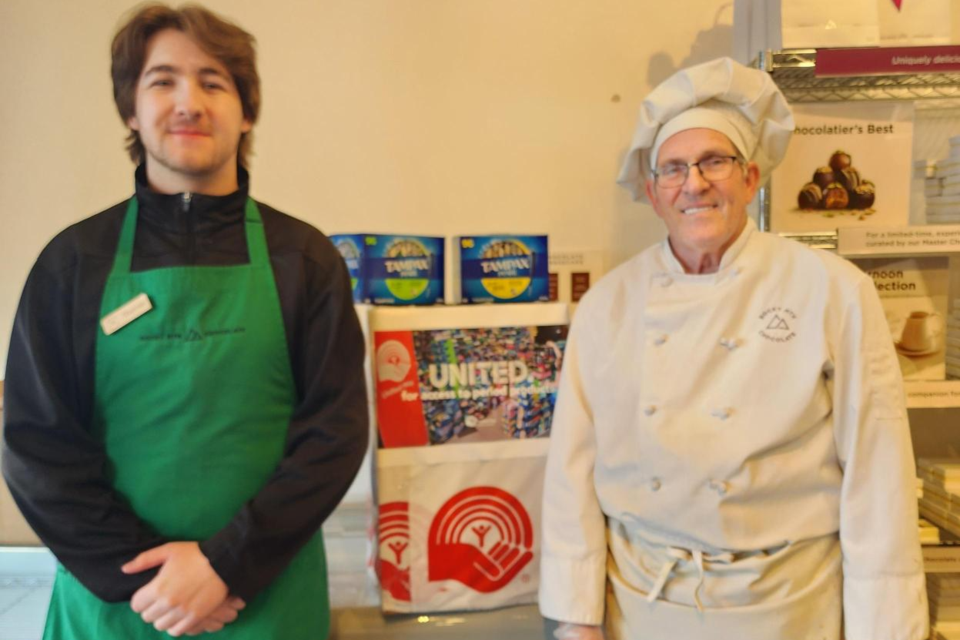More than half a million menstrual products were collected province-wide through United Way’s Period Promise campaign.
The initiative recently wrapped up its collection efforts in northern BC, delivering 45,000 period products to people in need.
Part of a province-wide effort, the campaign brought in over 500,000 products to support communities across British Columbia. In the coming weeks, the donated items will be hand-delivered to dozens of community agencies, providing timely access to essential products.
Despite the success of the campaign, United Way says the need remains significant. A needs assessment in the North found approximately 800,000 menstrual products are required to meet community demand.
With rising inflation, the cost of these products has become a burden, often forcing individuals to choose between buying food or period products during times of crisis.
“All donated Northern products go to locals who need them,” said Lorna Bihori, United Way’s campaign manager for the North. “If it was donated here in Prince George, it goes back to the citizens in Prince George. We give it to the agencies here and they give it out to individuals. That’s true across all the communities.”
Major sponsors like Always and Tampax contributed large donations, which were distributed across the province. Bihori said several northern businesses have also stepped up to support the cause.
“Northern companies have really hopped on board, including Rocky Mountain Chocolate Factory, Save-On-Foods, Integris Credit Union and Mount Milligan Mine,” she said, noting the mine provides period products free of charge at its remote sites.
Access to menstrual products is especially challenging in northern and remote communities, where prices tend to be higher and supplies more limited than in urban areas.
“I took my daughter on a camping trip and she forgot to bring product,” said Bihori. “We stopped at three different towns and she couldn’t get over the price — and she couldn’t find the brand she liked. That’s what life is like in smaller, remote communities. The cost is way higher and the supply is a lot smaller.”
This lack of availability, Bihori added, can result in missed opportunities.
“Lack of access to menstrual products equals missed opportunities,” she said. “To learn, to earn income and to contribute to the community. It’s a natural bodily function and it requires dignity. There are far too many people forced to make this choice — especially as rising prices mean rising need. The need is year-round.”
Bihori has worked with United Way for six years and says the conversation around menstruation has become more normalized during that time—something she hopes will continue.
“I’ve been doing this for six years now with United Way and it’s been amazing — the conversations that have happened,” she said. “Even single fathers have phoned to thank us for helping remove the stigma and making it easier to talk about. This is just a natural bodily function, and it should be treated as such. You have toilet paper, hand soap and a towel in your bathroom — you should include these products as well.”



